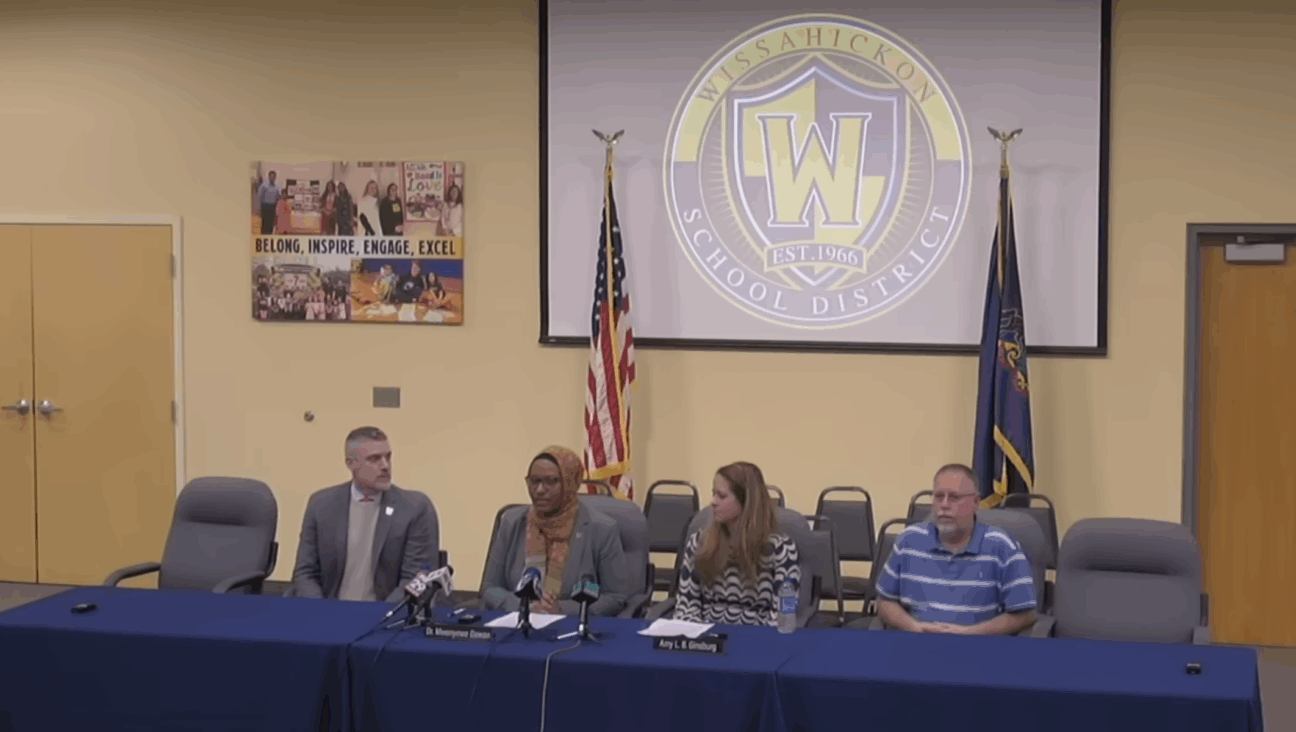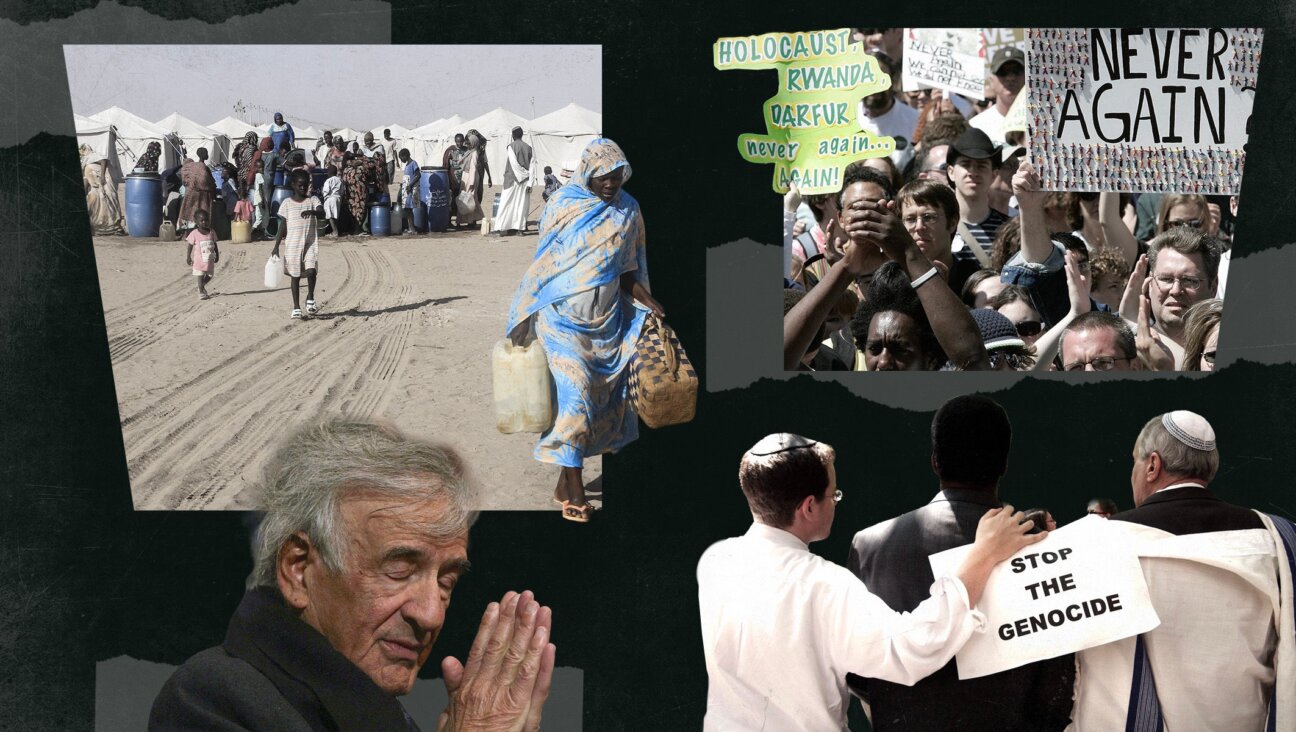Divestment Bills Fail at Two Calif. Universities
The student government at the University of California, Berkeley fell a vote short in a bid to override a veto against a divestment bill.
Meanwhile, a vote early Thursday morning by the Associated Students at the University of California, San Diego reportedly was unsuccessful in passing a similar measure.
At Berkeley, 13 senators voted early Thursday morning to override the veto, with five voting to uphold it. Fourteen votes were necessary for the override.
The vote at about 4 a.m. followed a meeting that began in the evening attended by about 200 people, according to reports.
“We lost the vote, but won the night,” read a statement on the CalDivest from Apartheid Web site. “We made a statement recorded for posterity and forced everyone to listen and watch what the nature of Israeli occupation is, to listen to Palestinian voices, from Palestine and from the US, telling their stories. These transcripts will stay preserved in recorded history, and we shall overcome.”
A vote April 15 failed to overturn student government President Will Smelko’s veto of the Associated Students’ bill, which was adopted 16-4 in March. However, following several procedural votes the bill was tabled, making it available again for reconsideration.
The bill would have required divestment of students’ association assets from General Electric and United Technologies, two companies cited frequently by Israel’s detractors for complicity in alleged war crimes and perpetuating Israel’s occupation.
Four female Nobel peace laureates had sent a letter Wednesday to the Associated Students at Berkeley in support of the divestment bill.
The San Diego bill was sponsored by several campus organizations, including Students for Justice in Palestine and the Student Sustainability Collective. The resolution identifies by name General Electric and United Technologies, “companies that materially support the occupation of the Palestinian territories.”
Unlike the Berkeley measure, the San Diego resolution also condemns human rights violations around the world, though seven of the resolution’s 13 points specify Israel and its conflict with the Palestinians.















